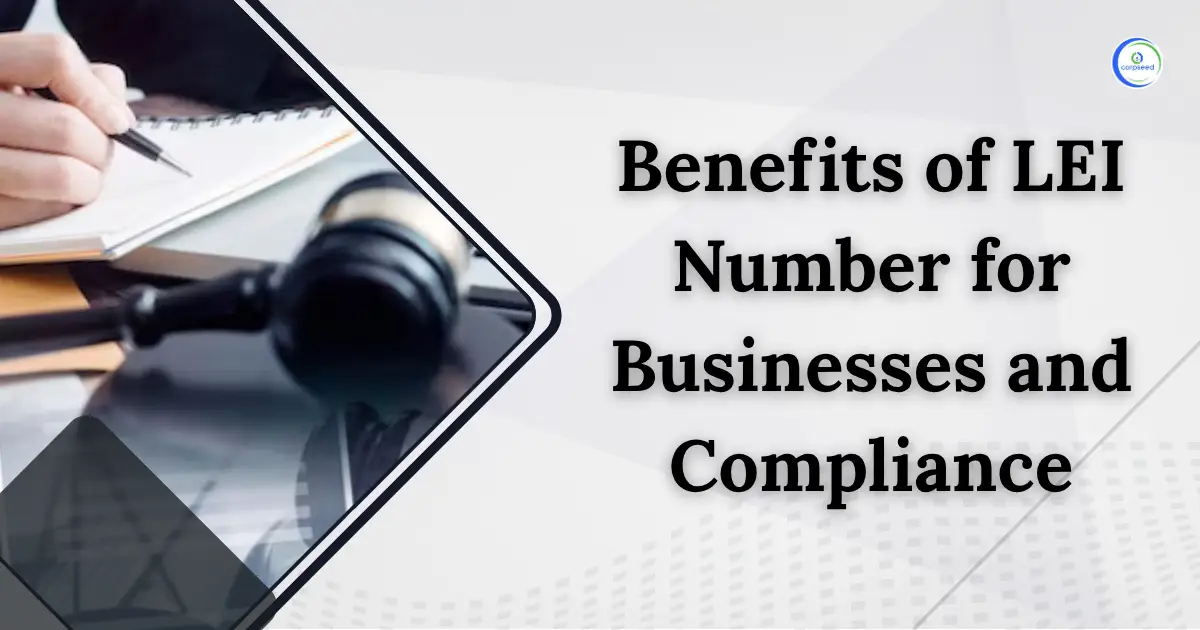Introduction: Employment Attorney
When it comes to policies, processes, rules, and more, most employees believe their employers have their best interests at heart. While we would like to assume the best of our bosses, they may be exploiting their employees. Employees have legal rights, and employers must respect and uphold such rights under the law. When an employee believes their rights are being violated, what can they do? For assistance, contact an experienced employment lawyer. Feldman & Feldman's Houston employment lawyers have significant experience defending Texas workers' rights. Because state and federal laws are linked, employment law is extremely complicated. These laws, as well as industry-specific regulations and administrative procedures, are all familiar to the top employment lawyers. Knowing your rights as an employee, as well as when legal advice is required, will help you keep your career on track and avoid revenue gaps.
Table of Contents
--------------Blog Contact Form-------------
In the event of a disagreement, an employment lawyer can help employers and employees reach an agreement on issues ranging from pay to workplace safety to discrimination and wrongful termination. But when is it appropriate to reach out?
 An employment lawyer can help employers and employees achieve an agreement in the event of a disagreement. If your employer-employee relationship becomes tense due to a disagreement over salaries, workplace safety, discrimination, or wrongful termination, knowing an employment attorney who can clarify both sides' rights and obligations is beneficial.
An employment lawyer can help employers and employees achieve an agreement in the event of a disagreement. If your employer-employee relationship becomes tense due to a disagreement over salaries, workplace safety, discrimination, or wrongful termination, knowing an employment attorney who can clarify both sides' rights and obligations is beneficial.
What Is an Employment Attorney?
Employment attorneys are divided into two categories. One group, known as employment discrimination attorneys, employment rights attorneys, or federal employment attorneys, concentrates on plaintiffs or employees, while the other, known as management attorneys, focuses on defendants or employers.
In most cases, an employment attorney focuses on one side or the other, although some attorneys will represent clients on both sides.
What Does an Employment Attorney Do?
"An employment attorney deals with any area of employment," says Mark Levitt of Allen, Norton and Blue, an attorney and shareholder. "It might be discrimination, wage and hour difficulties, Occupational Safety and Health Act safety issues, or anything else linked to work."
According to Levitt, a plaintiff's employment attorney can assist an employee in determining whether their rights have been infringed and whether additional action is warranted. The attorney will ensure that the employee has exhausted all internal options, such as following the employee handbook's reporting procedures for harassment and other forms of discrimination. If the issue is late pay, overtime, or correct pay classification (non-exempt vs. exempt status), the attorney can assist the employee in navigating the Fair Labour Standards Act (FLSA) to establish if their rights have been violated and what steps they should take next.
There are a slew of labour laws that an employer could unwittingly (or purposefully) break, and because different statutes have varied employee count and tenure criteria, it's a good idea to seek legal advice.

When Is the Best Time to Seek Advice?
"The optimal time to seek assistance is as soon as an employee senses something is amiss and no remedy is forthcoming from the employer," Levitt says. That does not mean the employee must seek legal counsel straight soon. If an employee believes they have been discriminated against, they can proceed straight to the federal Equal Employment Opportunity Commission (EEOC) or a state equivalent.
"If the employee works for a small business and the owner is the interested person," Levitt adds, "I would advise the employee to get legal assistance since the next step would be to file an administrative complaint with the federal or state government." That would be the first move away from the firm. "That agency then conducts an investigation and either evaluates if there is sufficient evidence to show a breach or supports the employee in drafting a suitable claim or charge."
The employee has the right to initiate a lawsuit even if the agency finds inadequate proof. At that time, the agency will either assist the employee or advise them to seek legal counsel. As a result, an employee should consult with an employment attorney to learn about their rights and whether their case warrants filing a lawsuit. The issue, according to Levitt, is that agency findings are not legally enforceable and are frequently not even admissible since agencies do not conduct thorough investigations. "[The agency] will come in and interview some people," Levitt says, "but there will be no depositions or cross-examination." Even if the employee has a lawyer, the agency investigator conducts the investigation without the involvement of the lawyer."

The US Department of Justice has the authority to pursue a case, but they only do so in a small number of circumstances, such as when they want to set a national precedent or when a significant corporation is implicated in widespread discrimination or something equally serious.
Plaintiffs have won lawsuits even when the EEOC found no merit, according to Levitt, but employers have also won when the EEOC finds merit and the employee sues.
What Can Employees Do to Protect Themselves?
Employees who suspect they are being discriminated against in some way, or who believe they are not being paid properly, should keep detailed records of incidences, including dates and times. Any witnesses should be noted. If the employee decides to take legal action, all of this material will be useful to the agency or attorney.
What Can Employers Do?
Levitt warns that "even very tiny enterprises should have an employee handbook." "Policies and rules for equal opportunity employment should be in place." The handbook should explicitly state how employees can file a discrimination complaint with the company or file grievances. At that point, it is the responsibility of every employer to investigate and establish whether or not there was any illegal behaviour.
What about Freelancers?
Freelancers are self-employed individuals. They are effectively their own businesses. They are not employees, hence their rights are severely limited. Freelancers are only protected by the agreements they form with firms outside of states like California and New York, which offer limited protections for independent contractors. A business is under no obligation to hire or rehire a freelancer.
If you ever find yourself in need of an employment lawyer, make sure you do your homework. Martindale Hubbell is a helpful nationwide bar service that ranks legal firms and lawyers (peer-rated, not purchased). Also, check with your state's bar association to see if they've been involved in any disciplinary proceedings.
This portion of the site is for informational purposes only. The content is not legal advice. The statements and opinions are the expression of author, not corpseed, and have not been evaluated by corpseed for accuracy, completeness, or changes in the law.
BOOK A FREE CONSULTATION
Get help from an experienced legal adviser. Schedule your consultation at a time that works for you and it's absolutely FREE.


.webp)






